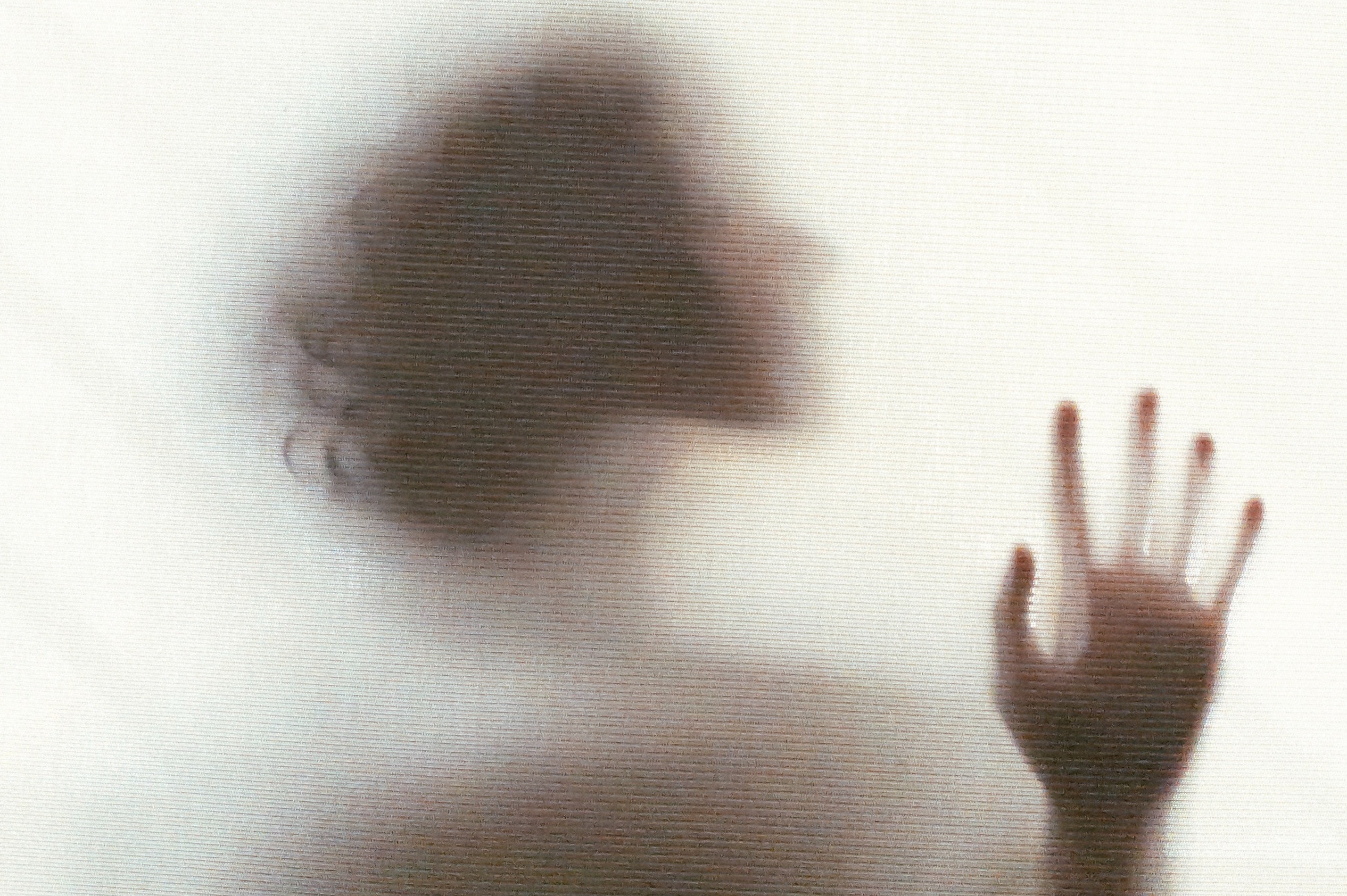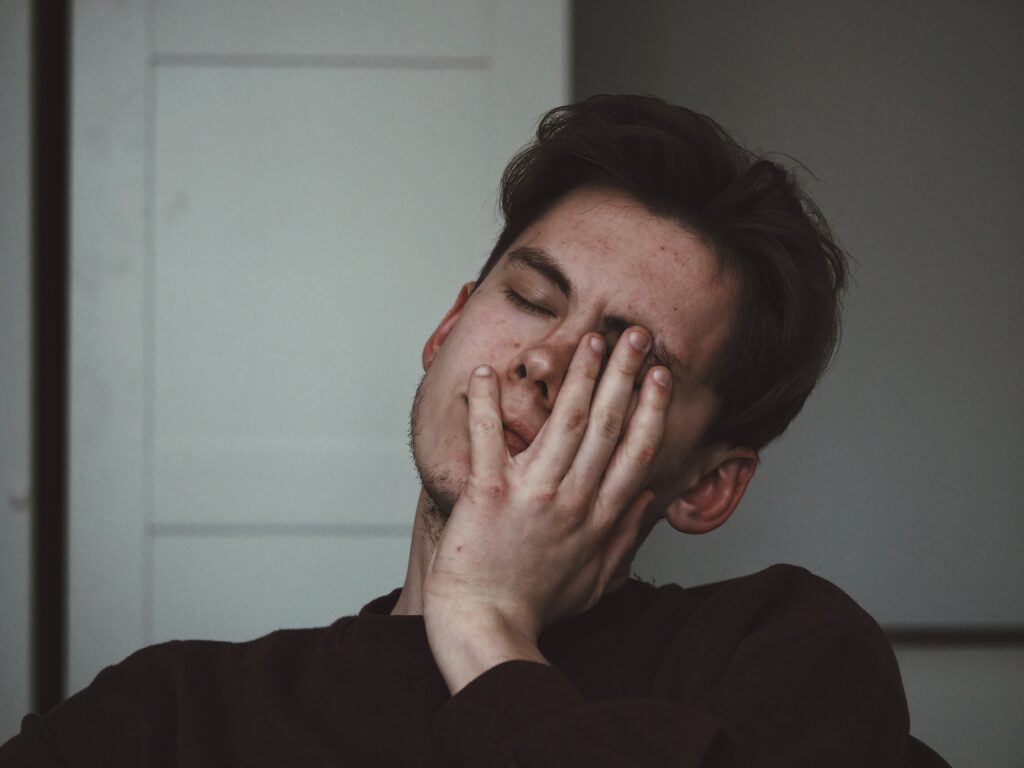HEROIN DETOX: SYMPTOMS, TIMELINE, & TREATMENT
UNDERSTANDING HEROIN DETOX AND WITHDRAWAL
Recovering from heroin addiction is an ongoing process that starts with heroin detox.
During detoxification, your body is purged of opioids and toxic metabolites. As your system rids itself of heroin, a powerful semi-synthetic opioid, withdrawal symptoms manifest.

What is Heroin Detox?
Heroin detox helps you tackle the physical effects of heroin addiction. This prepares you to address the psychological aspect of addiction with long-term treatment.
Sustained heroin use impacts the reward centers in your brain. Tolerance to heroin develops quickly. This means you need more of the drug to get the same effects, or you may use the drug more often.
If you stop using heroin after becoming dependent on the substance, you will experience unpleasant withdrawal symptoms during heroin detox. In many cases, habitual users of heroin continue taking the drug simply to feel normal and to stave off those withdrawal symptoms.
Withdrawal from heroin is similar to withdrawal from prescription opioid painkillers, but even more intense.
A supervised medical detox is almost always recommended to kickstart recovery from heroin use disorder. Complications can arise during heroin detoxification, and symptoms can be so uncomfortable that relapse becomes more tempting outside of a clinical setting. By withdrawing from opiates in a medical detox center, complications can be minimized, withdrawal symptoms alleviated, and the severity of cravings for heroin reduced.

Heroin Detox Symptoms
Heroin withdrawal involves symptoms similar to those caused by a bad case of flu. Symptoms peak during the second or third day and subside after a week or so – the same timeline as flu.
While everyone has a unique experience during heroin detox and withdrawal, these are some of the most common heroin withdrawal symptoms:
- Cravings for heroin
- Vomiting and nausea
- Stomach pain and diarrhea
- Fever
- Aches and pains
- Changes in mood
- Overproduction of bodily fluids
- Disrupted sleep patterns and restlessness
Common Heroin Abuse Symptoms
Cravings for heroin
Most people undergoing heroin detox experience powerful cravings for the drug.
Cravings are partially driven by a desire to re-experience the pleasurable heroin high, and also by the wish to eliminate the unpleasant withdrawal symptoms.
Vomiting and nausea
Nausea and vomiting both commonly accompany heroin withdrawal, leading to extreme discomfort and a loss of appetite.
Stomach pain and diarrhea
Many people in heroin detox suffer from frequent bowel movements and diarrhea as the body accustoms itself to the absence of heroin. Often accompanied by stomach pain, this aspect of heroin withdrawal makes it challenging to adhere to a normal routine.
Fever
While a fever is an effective method your body uses to fight infections and illnesses, fever occurs with no useful purpose.
If your temperature rises above 103F during heroin withdrawal, immediate medical intervention is recommended.
Aches and pains
Heroin serves to block the pain pathways in your body. When you are detoxing from the drug, however, you may experience a rebound effect, feeling aches and pains throughout the body, in addition to an enhanced sensitivity to pain.


Alcohol Addiction Symptoms
Changes in mood
It is normal to feel anxious, depressed, and irritable as the heroin withdrawal process unfolds. This means emotional support is just as valuable as clinical supervision during detox.
Feelings of depression should subside when the withdrawal symptoms dissipate. Consult your doctor if these feelings persist. You may have an undiagnosed mental health disorder – major depressive disorder, for instance. If so, dual diagnosis treatment can help you address your addiction and depression simultaneously.
Overproduction of bodily fluids
From a runny nose to excessive tears and perspiration, these responses in the form of excessive bodily fluids occur as your body tries to restore balance without heroin in the system.
Disrupted sleep patterns and restlessness
Yawning, restlessness, insomnia, and disrupted sleep patterns are all common symptoms of heroin withdrawal.
How many days does it take to detox from heroin?
How Long Does it Take to Detox from Heroin?
Most heroin withdrawal symptoms present within the first 24 hours after the last dose of heroin. These symptoms peak after 36 hours to 72 hours of detox, typically lasting for 7 to 10 days.
Those who have been abusing heroin chronically may encounter withdrawal symptoms lasting for a month or more. Substance use disorders like heroin addiction can be recurring and can take more than one visit to detox and rehab before an individual is ready to get clean.
Heroin Detox Timeline
You will experience the following timeline during heroin detox:
- Days 1 and 2 of heroin detox: Withdrawal symptoms can first present after as little as 6 hours. Pain starts to develop over the first day, mainly in the form of muscle aches. These pains intensify during the first 48 hours of heroin detox. You may also experience insomnia, panic attacks, anxiety, shaking, and diarrhea.
- Days 3 to 5 of heroin detox: During this intense phase of heroin withdrawal, you can expect to experience nausea, vomiting, shivers, sweating, and abdominal cramping.
- Days 6 and 7 of heroin detox: Acute heroin withdrawal comes to an end after a week or so. Nausea, aches, and pains will subside. Although you will feel tired and run down, you will also start feeling physically better by this stage of detox.
In the event of PAWS (post-acute withdrawal syndrome), symptoms can linger for months in the form of insomnia, irritability, fatigue, anxiety, and depression.


Understanding the Signs of Heroin Withdrawal
We can group the symptoms of heroin withdrawal on a sliding scale as follows:
- Mild heroin withdrawal symptoms
- Moderate heroin withdrawal symptoms
- Severe heroin withdrawal symptoms
Mild Heroin Withdrawal Symptoms
As long as you haven’t been abusing heroin in large amounts or for lengthy spells, you might be surprised at how mild withdrawal effects can be.
Having said that, a short-term, moderate heroin user who suddenly stops taking the drug can still experience a range of acute and unpleasant side effects, including:
- Bone and muscle aches
- Nausea
- Chills
- Profuse sweating
- Excessive yawning
- Abdominal cramps
- Runny nose
- Eyes tearing
Understanding the Signs of Heroin Withdrawal
Moderate Heroin Withdrawal Symptoms
How about when you have been abusing larger amounts of heroin? What if you have had a heroin habit for an extended period?
Well, as you would expect, the withdrawal symptoms when use is discontinued tend to be more debilitating.
Moderate heroin withdrawal symptoms can include any or all of the following:
- Difficulty focusing
- Diarrhea
- Fatigue
- Agitation
- Vomiting
- Tremors
- Restlessness
- Goosebumps
Severe Heroin Withdrawal Symptoms
When heroin use is severe and long-term, there can be a severe backlash if you stop using the drug, which is why some treatment centers use MAT and a drug tapering program to help ensure safety.
More severe heroin withdrawal symptoms can include:
- Strong cravings for heroin
- Anxiety
- Inability to feel pleasure
- Depression
- Insomnia
- Hypertension
- Rapid heart rate
- Muscle spasms
- Uncontrollable leg movements
-
Respiration problems
There’s some good news, though: heroin withdrawal is quite quick, and we’ll explore that timeline right now.


Medication-Assisted Treatment for Heroin Withdrawal
If you required medication-assisted treatment for heroin addiction, there are several medications proven to effectively minimize physical dependence withdrawal symptoms while in detox rehab programs.
- Methadone: Methadone, a long-lasting opioid agonist used for the maintenance treatment of heroin addiction and stabilizing a patient during withdrawal, is a mainstay of treatment centers the world over. The medication is administered under supervision, and the course of Methadone is slowly tapered off during the recovery process.
- Buprenorphine: Buprenorphine is a synthetic opioid. The medication targets the same opioid receptors impacted by heroin. A partial opioid agonist, buprenorphine has a less powerful and more limited effect than heroin. You take buprenorphine sublingually and the medication delivers some relief from withdrawal symptoms without any danger of encouraging relapse. This unwitting tendency to trigger relapse occasionally happens when using a full opioid agonist.
- Naltrexone: A compound that helps to block opioid receptors, naltrexone is routinely used to discourage the abuse of opiates after successful recovery.
- Suboxone: Suboxone is a combination of naloxone and buprenorphine. The medication is designed to inhibit heroin abuse. Containing both an opioid antagonist (naloxone) and an opioid activator (buprenorphine), you can move slowly away from the grip of heroin addiction while benefiting from reduced withdrawal symptoms.
All of the above medications must be administered by qualified medical staff in a medically supervised facility. None of them are suitable for a home detox.
Now, if you consider your heroin addiction is severe enough for residential rehab, it’s imperative not to rush into choosing a treatment center. Take the time to get this right and you’ll dramatically enhance your chances of kickstarting a successful recovery.
Fortunately, it’s not that hard to choose a suitable treatment center for heroin withdrawal.

Fight Back Against Heroin Addiction
Get evidence-based treatment to overcome heroin addiction at Renaissance Recovery. Call our team now to learn more about the process.
Get Help Finding a Heroin Detox
Here at Renaissance, we can connect you with licensed medical detox centers in Newport Beach, Orange County, California and beyond, enabling you to more safely and comfortable detox, however we don’t offer those services ourselves.
Whether you are looking for a heroin detox orange county program in Costa Mesa, Irvine, Newport Beach or more, our treatment program can help wherever you are located. Contact our team today and get the process started.
With your body opiate-free, you can engage with one of our outpatient treatment programs for heroin use disorder. We offer all of the following programs at our heroin rehab:
- OP (outpatient program)
- IOP (intensive outpatient program)
- PHP (partial hospitalization program)
- Virtual IOP (remote intensive outpatient program)
- Dual diagnosis program
We understand that substance abuse disorder is an issue that presents differently in everyone. At Renaissance Recovery’s addiction treatment center, we customize our treatment programs on a case-by-case basis for the best results possible.
Through a personalized array of MAT (medication-assisted treatment), psychotherapy, group therapy, counseling, and holistic therapies, we will help you create a firm foundation for sober living. If you’re looking for a “heroin detox near me” or “72 hour detox near me”, you can get treatment today by contacting Renaissance Recovery Center at 866.330.9449.

